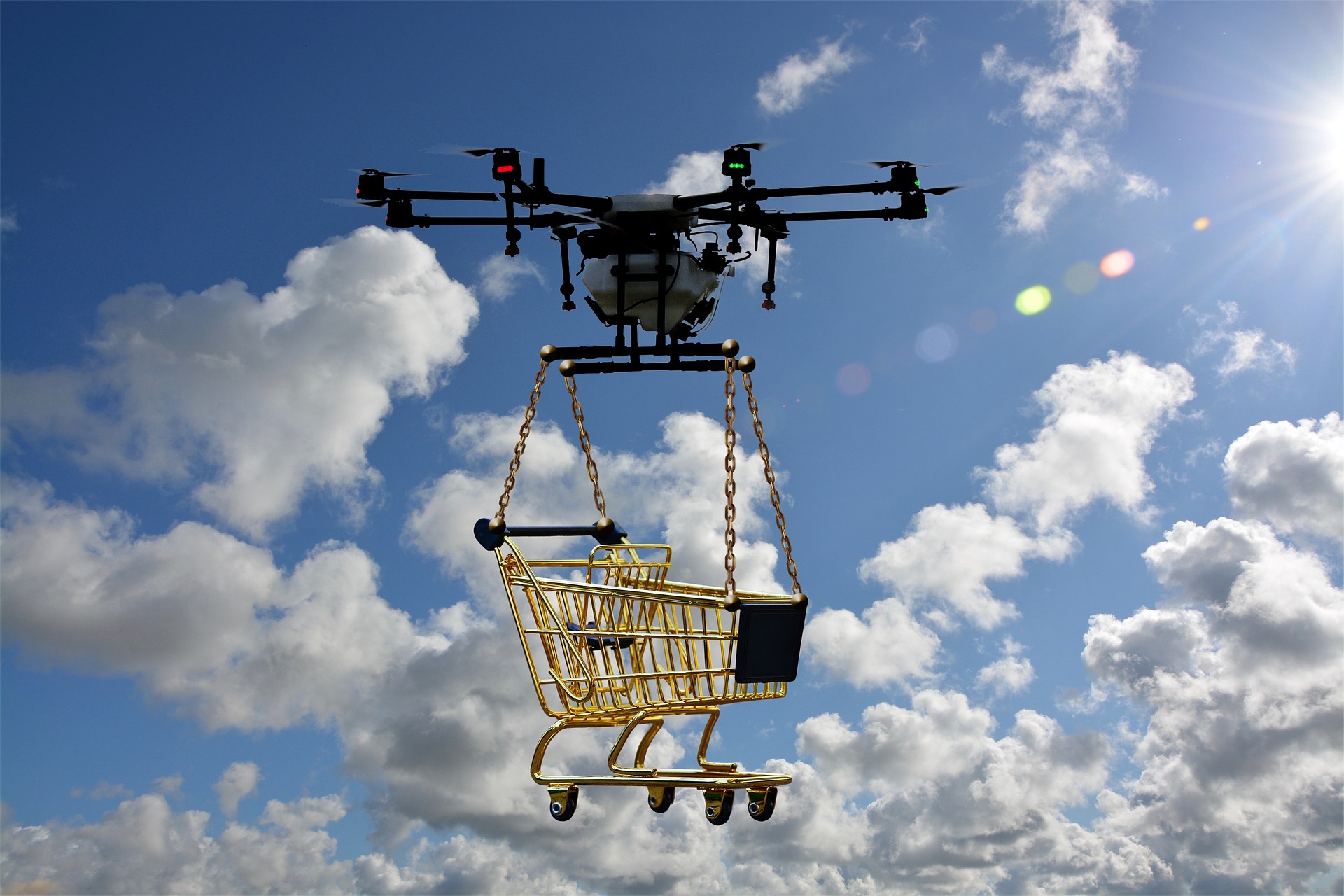The Enigma of Cephalopod Intelligence: Unraveling Octopus Minds
In the vast depths of our oceans, a remarkable intelligence lurks beneath the waves. Octopuses, with their eight arms and otherworldly appearance, have long captivated scientists and animal enthusiasts alike. But it's not just their unusual looks that make them fascinating - these cephalopods possess a level of cognitive ability that challenges our understanding of animal intelligence.

The Evolutionary Journey of Octopus Intelligence
The story of octopus intelligence begins millions of years ago. Unlike mammals, whose intelligence evolved along a shared ancestral line, cephalopods developed their cognitive abilities independently. This divergent evolution has resulted in a form of intelligence that is both familiar and alien to us.
Fossil records show that cephalopods have existed for over 500 million years, with octopuses specifically emerging around 296 million years ago. Throughout this time, they have developed a nervous system that is radically different from vertebrates. While humans have a centralized brain, octopuses have a distributed neural network, with the majority of their neurons located in their arms.
This unique neural architecture allows octopuses to process information in ways that are fundamentally different from mammals. Each arm can act semi-autonomously, making decisions and solving problems without direct input from the central brain. This distributed intelligence gives octopuses an unprecedented level of flexibility and adaptability in their underwater environment.
Problem-Solving Prowess: Octopuses as Marine Masterminds
One of the most compelling aspects of octopus intelligence is their problem-solving ability. Numerous studies have demonstrated their capacity to navigate mazes, open jars, and even use tools - behaviors once thought to be the exclusive domain of higher vertebrates.
In laboratory settings, octopuses have been observed using coconut shells as portable shelters, a behavior that qualifies as tool use. They’ve also been known to squirt jets of water at lab lights to short-circuit them, demonstrating not only problem-solving skills but also a degree of mischievousness that suggests a complex emotional life.
Perhaps most impressively, octopuses have shown the ability to learn by observation. In one study, octopuses were able to figure out how to open a screw-top jar after watching another octopus perform the task. This capacity for observational learning is rare in the animal kingdom and points to a level of cognitive sophistication that rivals many vertebrates.
The Art of Deception: Camouflage and Mimicry
Octopuses are masters of disguise, capable of changing their appearance in the blink of an eye. This ability goes far beyond simple camouflage; octopuses can mimic the textures, patterns, and even behaviors of other marine creatures.
The cognitive processes behind this remarkable skill are still not fully understood, but they undoubtedly require a high level of sensory processing and decision-making. Octopuses must be able to perceive their environment, recognize potential threats or prey, and then alter their appearance accordingly - all in a matter of seconds.
Some species, like the mimic octopus, can impersonate up to 15 different marine animals, including sea snakes, lionfish, and flatfish. This level of mimicry requires not just physical transformation but also behavioral changes, suggesting a sophisticated understanding of other species’ characteristics and movements.
Memory and Learning: The Cognitive Capabilities of Cephalopods
Contrary to popular belief, octopuses possess impressive memory and learning capabilities. They can remember solutions to problems for months and can distinguish between different shapes and patterns, even when those shapes are rotated or partially hidden.
In maze experiments, octopuses have demonstrated the ability to remember the solution to a problem for up to five months. This long-term memory is particularly impressive given that octopuses typically only live for 1-2 years.
Octopuses also show evidence of both short-term and long-term memory. They can quickly learn to associate certain stimuli with rewards or punishments, and they can retain this information over extended periods. This capacity for learning and memory is crucial for their survival in the complex and ever-changing marine environment.
The Ethical Implications of Cephalopod Intelligence
As our understanding of octopus intelligence grows, so too do the ethical considerations surrounding their treatment. In 2021, the United Kingdom officially recognized octopuses (along with other cephalopods) as sentient beings, affording them new protections under animal welfare laws.
This recognition has far-reaching implications for how octopuses are treated in research settings, aquariums, and even in the food industry. Some scientists argue that the cognitive abilities of octopuses warrant the same ethical considerations we give to mammals in laboratory settings.
The debate over octopus farming has also intensified in light of our growing understanding of their intelligence. Plans for large-scale octopus farms have been met with opposition from animal welfare advocates who argue that the complex needs of these intelligent creatures cannot be met in captivity.
The Future of Cephalopod Research
As technology advances, so too do our methods for studying octopus intelligence. New imaging techniques are allowing scientists to peer into the octopus brain in unprecedented detail, while advances in genetics are helping us understand the evolutionary origins of their unique cognitive abilities.
One exciting area of research is the study of RNA editing in octopuses. Unlike most animals, octopuses can rapidly adapt their neural function through extensive RNA editing, a process that may contribute to their remarkable cognitive flexibility.
Another frontier is the exploration of octopus consciousness. While defining and measuring consciousness in non-human animals is notoriously difficult, some researchers argue that the complex behaviors and problem-solving abilities of octopuses suggest a form of consciousness that may be fundamentally different from our own.
As we continue to unravel the mysteries of cephalopod intelligence, we are not only gaining insights into these fascinating creatures but also expanding our understanding of what intelligence itself means. The enigma of the octopus mind serves as a humbling reminder of the diverse forms that cognition can take in nature, challenging our preconceptions and inspiring us to look at the animal kingdom with fresh eyes.






